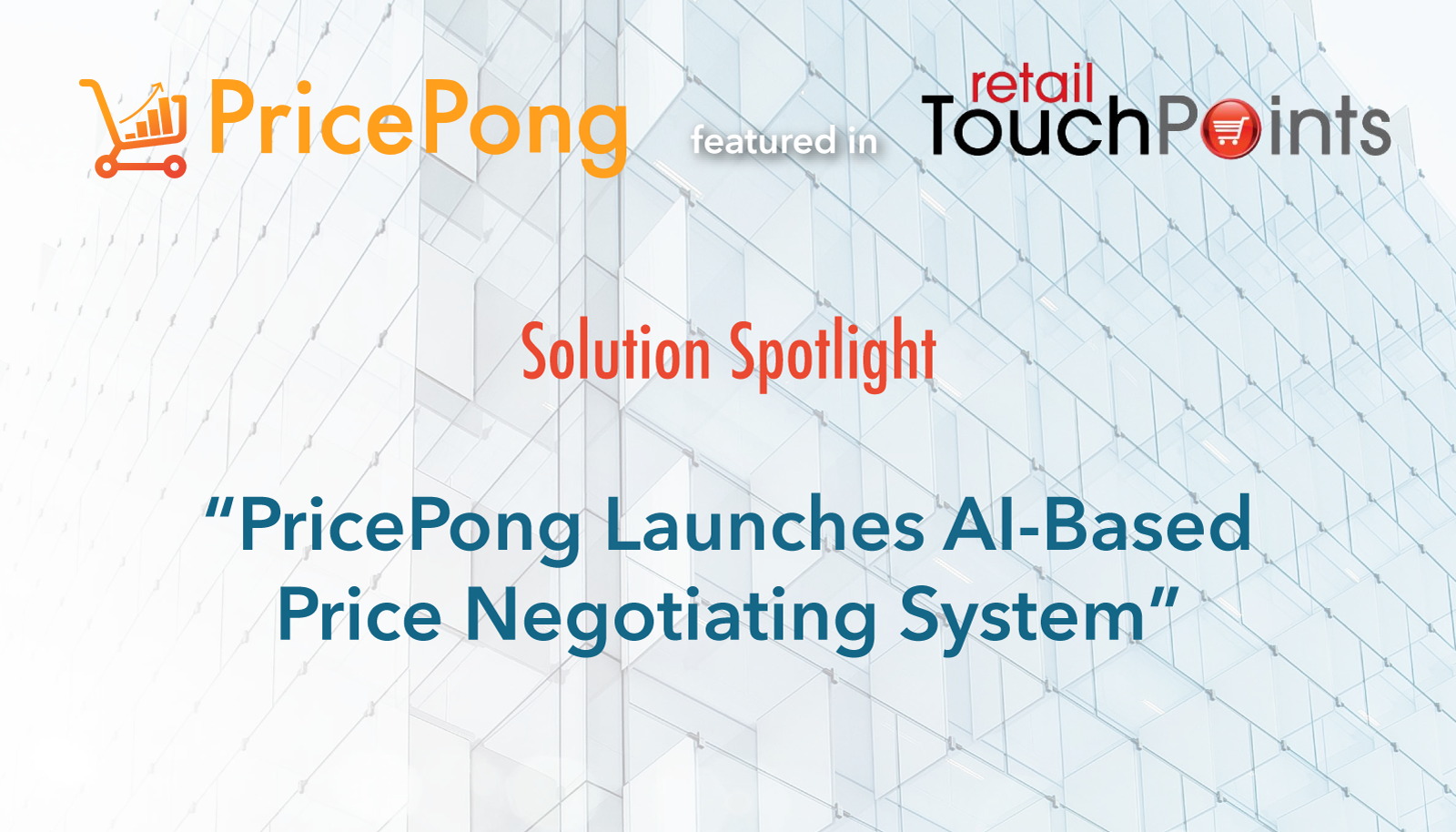Nisum VP, Sajid Mohamedy provides tips on how to assess your company’s artificial intelligence (AI) needs and the importance of having an honest and clear AI strategy in his article published in InformationWeek. You can read the full text below or on InformationWeek here.
For all of the attention that tools like Siri have generated, we're still only at the dawn of the artificial intelligence revolution.
While the concept of artificial intelligence, or AI, can be traced back nearly 70 years to 1950 and the work of Alan Turing, in recent years we’ve seen an incredible uptick in advancements with AI technology and its application for businesses. In fact, a recent survey conducted by Accenture found that 85% of business executives plan to invest extensively in AI-related technologies over the next three years.
As AI can increasingly help to power essential business processes, and organizations look to harness this power, keep in mind that AI is fundamentally different from other technology trends that sweep the business world every few years. With AI, we are talking about the ability to exponentially accelerate the cognitive powers of the human brain. This will have meaningful impacts across all of society, and specifically for businesses, across the entire value chain. Those impacts will be seen in back-office operations like finance automation, improved customer insights and personalized marketing, and all the way up to the way customer interaction is handled.
Business applications of AI are already widespread. "Just look at your smartphone" has quickly become a cliché in the context of AI. Customer-facing or customer-oriented applications of AI are very common, with applications such as natural language processing and predictive marketing. In supply chain and distribution centers, we see the application of intelligent robots and demand forecasting. However, many experts agree that we're just at the beginning of an AI revolution -- currently at the stage of Artificial NarrowIntelligence (Think: Siri). As we move towards Artificial General Intelligence, leveraging deep learning and neural networks, AI will play a role in every business function and process: strategy, operations, marketing, finance, and so on.
When it comes to the benefits of adding AI to business processes, the most tangible wins are in terms of automation and efficiency, which in turn improve time to market and enable stronger financial results as businesses add value for their customers. Scratching beneath the surface, and depending on the application of AI, there are myriad other benefits that emerge from AI. For example, the ability to intelligently act upon volumes of data can unlock numerous opportunities, from identifying new customer segments to preventing fraud.
Of course, measurement and reporting are key when it comes to demonstrating the ROI of any new technology. To this end, it is crucial to have a clear understanding of the primary objectives of AI adoption. Much like any technological adoption or process improvement, these objectives need to be mapped to KPIs and vigorously monitored. If anything, measuring the impact of AI is relatively easier than say, a major change management initiative. It is to be expected that some of the unexpected impacts, such as the business benefits discussed above, may not have clear KPIs established at the forefront, but should also be considered in terms of the overall AI platform.
Executives may be thinking, “Sure AI sounds great, but it seems like a massive undertaking. How can my organization get started?” One of the most valuable benefits of AI is that it can be introduced in an incremental fashion, leveraging key principles of Agile and Lean thinking. As such, a great way to start is with a business problem. If there's something that you're already trying to solve among your business processes, see if an AI approach would make sense. Keep it narrow at first, and see what solutions or resources exist to help solve that business case. As in any technology adoption, it should be about solving for a business need, versus adoption just for the sake of the technology.
In the simplest terms, "if you don't do AI, it will happen to you." Those who are wary or hesitant about AI can be likened to an Internet skeptic in 1995 or a mobile skeptic in 2005. We're already in the AI-age, seeing applications in numerous ways. To stay competitive and maintain value, adoption is not really a question. However, there are many ways to do AI wrong. For example, if Elon Musk is correct, AI handled irresponsibly can lead to devastating effects. Therefore, skeptics and enthusiasts alike need to have honest and clear conversations on their organization's AI strategy moving forward.




